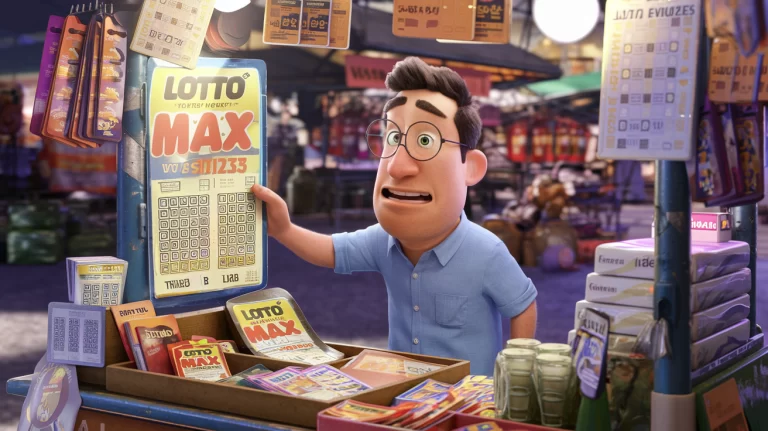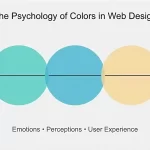Hey there, savvy decision-makers and armchair economists! Ever wondered why you’re so darn good at making snap judgments about people, situations, or investment opportunities? Well, brace yourselves, because we’re about to explore the wild world of the representativeness heuristic – your brain’s favorite shortcut for playing probability roulette!
What in the Name of Kahneman is a Representativeness Heuristic?
Picture this: You’re at a party, and you spot someone wearing thick-rimmed glasses, a cardigan, and holding a book about quantum physics. Your brain immediately goes, “Aha! That’s gotta be a scientist!” Congratulations, my friend – you’ve just experienced the representativeness heuristic in action! 🤓
In fancy-schmancy terms, the representativeness heuristic is a mental shortcut we use to estimate the likelihood of something based on how closely it resembles our mental prototype of that thing. It’s like your brain’s way of playing “Guess Who?” with probabilities.
Fun Fact: This nifty little cognitive quirk was first identified by the dynamic duo of behavioral economics, Daniel Kahneman and Amos Tversky. These guys are like the Batman and Robin of understanding why humans make weird decisions!
Why Your Brain Loves to Play Fast and Loose with Probabilities
Now, you might be thinking, “Hey, that doesn’t sound so bad! My brain’s just being efficient, right?” Well, hold onto your spreadsheets, because here’s where things get interesting (and potentially wallet-draining):
-
The “Close Enough” Syndrome: Your brain loves to take shortcuts, and sometimes it decides that “close enough” is good enough when it comes to judging probabilities. It’s like eyeballing your ingredients instead of measuring them – sometimes you end up with a delicious cake, and sometimes you create a culinary disaster!
-
Stereotypes R Us: The representativeness heuristic is basically your brain’s stereotype factory. It loves to lump things together based on superficial similarities, which can lead to some pretty questionable conclusions. (Pro tip: Not all people in hoodies are hackers, and not all people in suits are trustworthy financial advisors!)
-
Sample Size? What Sample Size?: Your brain has a tendency to ignore little things like, oh, I don’t know, THE ACTUAL STATISTICAL LIKELIHOOD OF SOMETHING HAPPENING. It’s too busy playing pattern-matching games to bother with pesky details like sample sizes or base rates.
When Representativeness Goes Rogue: Economic Blunders and Market Mishaps
Alright, let’s get down to brass tacks (whatever those are). How does this mental shortcut mess with our economic decision-making? Grab your imaginary calculator, because things are about to get numerically nuanced!
The “Hot Hand” Fallacy (Or, Why Your Fantasy Sports Team Keeps Losing)
You know that feeling when you’re watching your favorite sports team, and they’ve just scored three times in a row? You’re convinced they’re on fire and bet your life savings on them winning the next game. Spoiler alert: That’s the representativeness heuristic playing tricks on you!
In the world of finance, this translates to the belief that a stock that’s been performing well will continue to do so, regardless of actual market conditions. It’s like assuming your winning streak at the casino will last forever – spoiler alert: the house always wins (and so does regression to the mean)!
The “Looks Like a Duck” Investment Strategy
Ever heard the phrase, “If it looks like a duck, swims like a duck, and quacks like a duck, then it probably is a duck”? Well, in the world of investments, this kind of thinking can lead you straight to Ponzi scheme city!
Just because a company or investment opportunity resembles a successful one doesn’t mean it will perform the same way. Remember Theranos? It looked like a revolutionary biotech company, but turned out to be more of a “bio-wreck” company. Oops!
Reality Check: Always do your due diligence, folks! Don’t let surface-level similarities cloud your judgment when it comes to investments. Your wallet will thank you later.
The “Stereotypical Startup” Trap
Picture a successful tech startup founder. Let me guess – you’re imagining a 20-something guy in a hoodie, spouting buzzwords like “disruptive” and “synergy,” right? That’s your representativeness heuristic at work, and it could be causing you to overlook amazing investment opportunities that don’t fit that stereotype.
Remember, Mark Zuckerberg isn’t the only model for success. For all you know, the next big thing could come from a 50-year-old woman working out of her garage in Nebraska. Don’t let your brain’s lazy categorization make you miss out on the next big thing!
How to Outsmart Your Own Brain (Without Giving Yourself a Headache)
Fear not, intrepid decision-makers! There are ways to combat the sneaky influence of the representativeness heuristic. Here are some pro tips to keep your probability judgments on point:
-
Embrace Your Inner Spock: Channel your logical side and actively seek out base rates and statistical information. It’s not as fun as going with your gut, but it’s a lot more accurate!
-
Play Devil’s Advocate: Before making a decision, force yourself to consider alternative explanations or outcomes. It’s like giving your brain a little workout in flexibility.
-
Size Matters: No, not in that way! Pay attention to sample sizes when evaluating data. A trend based on three data points is not the same as one based on 3,000.
-
Check Your Stereotypes at the Door: Be aware of your own biases and stereotypes. Challenge them regularly, like a mental game of “Mythbusters.”
-
Slow Down, Speed Racer: When making important decisions, especially financial ones, take a breath and give yourself time to analyze the situation thoroughly. Your future self will high-five you for it!
The Grand Finale: Putting It All Together
So, there you have it, folks – the representativeness heuristic in all its probability-skewing glory! From now on, when you find yourself making quick judgments about stocks, startups, or that guy at the party who looks like he could be an undercover spy (but is probably just bad at small talk), take a moment to question your assumptions.
Remember, your brain might be trying to take shortcuts, but in the world of economics and decision-making, the scenic route often leads to better outcomes. So, put on your critical thinking cap, embrace the power of statistics, and show that representativeness heuristic who’s boss!
Now, if you’ll excuse me, I’m off to reconsider my entire investment portfolio and maybe rethink my assumption that all blog writers are witty geniuses. (Okay, that last part might still be true. 😉)









